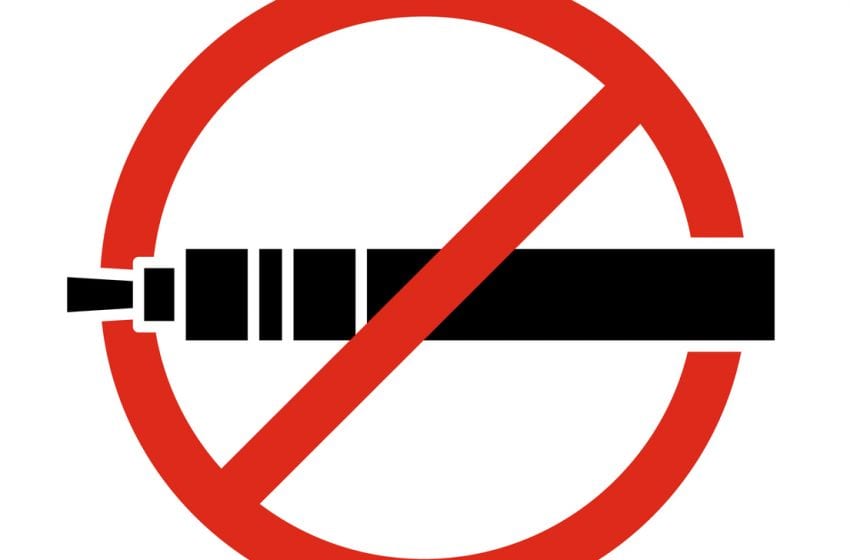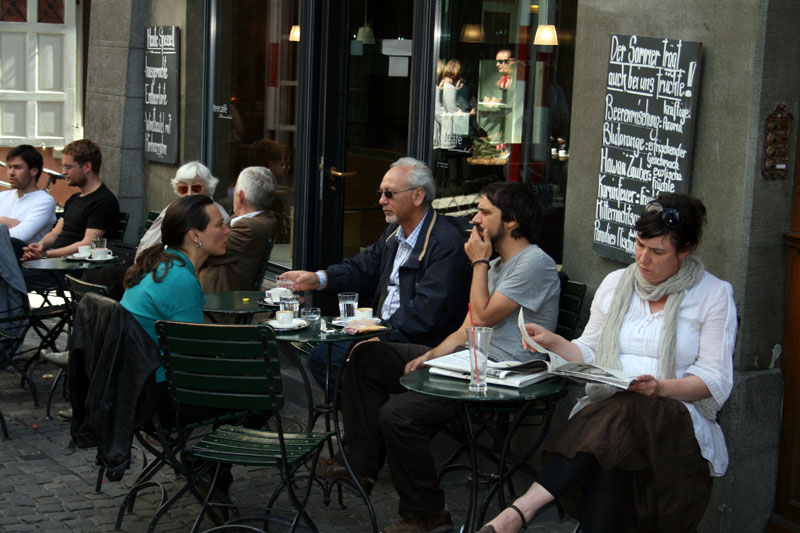Not one US state funds tobacco prevention programs at levels recommended by the Centers for Disease Control and Prevention (CDCP).
This is one of the findings contained in a report, Broken Promises to Our Children: A State-by-State Look at the 1998 Tobacco Settlement 19 Years Later. The report was published yesterday by the Campaign for Tobacco-Free Kids, the American Cancer Society Cancer Action Network, the American Heart Association, the American Lung Association, the Robert Wood Johnson Foundation, the Americans for Non-smokers’ Rights and the Truth Initiative.
It finds that the states will collect $27.5 billion this year from the tobacco settlement and tobacco taxes, but will spend less than three percent of that income, $721.6 million, on tobacco prevention programs.
And the $721.6 million that the states have budgeted for tobacco prevention is a small fraction of the $3.3 billion the CDCP recommends. Not a single state funds tobacco prevention programs at CDCP-recommended levels, and only two states, Alaska and California, provide more than 90 percent of the recommended funding.
But the report finds that states with ‘well-funded’, sustained tobacco prevention programs have seen remarkable progress. Florida, with one of the longest-running programs, had reduced its high school smoking rate to 5.2 percent, one of the lowest rates ever reported by any state.
A press note announcing the publication of the report said the US had reduced smoking to record lows of 15.1 percent among adults and 8.0 percent among high school students.
‘But tobacco use still kills more than 480,000 Americans and costs the nation about $170 billion in health care bills each year,’ the note said.
‘Today’s [Wednesday’s] report also highlights large disparities in who smokes and who suffers from tobacco-related diseases in the United States.
‘Smoking rates are especially high in a swath of 12 states in the Midwest and South, an area called “Tobacco Nation” in a recent Truth Initiative report.
‘Nationwide, smoking rates are highest among people who live below the poverty level and have less education, American Indians/Alaska Natives, LGBT Americans, those who are uninsured or on Medicaid, and those with mental illness.
‘These differences are in large part due to the tobacco industry’s targeting of vulnerable populations through advertising, price discounting and other marketing strategies.
‘By funding tobacco prevention and cessation programs at the CDC’s recommended levels, states can reduce tobacco use among all Americans. But most states are falling far short…’
The report ranks California as the top state for funding programs that prevent children from smoking and help smokers quit, while it put Connecticut and West Virginia, which each budgeted zero state funds this year for tobacco prevention and cessation programs, equal bottom.










